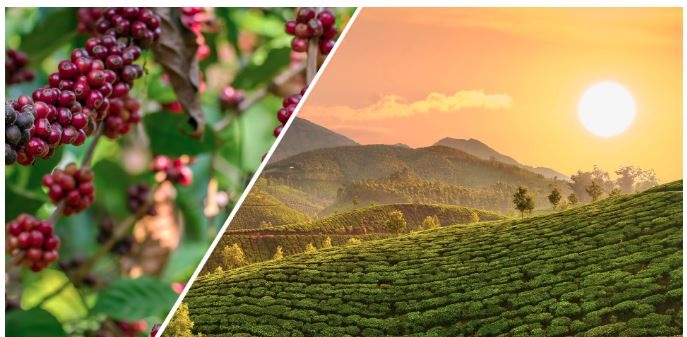Coffee (Promotion and Development Bill), 2022
Context
The Ministry of Commerce and Industry is planning to replace the 80-year-old Coffee Act with the new Coffee (Promotion and Development Bill), 2022, which has been listed for the Monsoon Session of Parliament.
About
- The Coffee Act, 1942 was first introduced during World War II, in order to protect the struggling Indian coffee industry from the economic downturn caused by the war.
- The government is now trying to scrap the law because the substantive portion of the Coffee Act, 1942, which deals with pooling and marketing of the commodity, has become redundant/inoperative.
- The new legislation is now primarily concerned with promoting the sale and consumption of Indian coffee, including through e-commerce platforms, with fewer government restrictions.
- It also aims at encouraging further economic, scientific and technical research in order to align the Indian coffee industry with “global best practices.”
- While the Coffee Board continues to have limited control over marketing, exporters will still require a certificate from the statutory body.
Issues
- Now the Ministry of commerce and industry decided to simplify the Coffee Act, 1942,as it has some regulatory issue-
- Any person owning land with coffee plants planted on it, or divided amongst different estates has to apply for registration at the registration officer appointed by the State Government.
- They have to do so within a month of the date when they became owner.
- Once registered, it can only become invalid if the registering officer cancels it.
- Punishment for non-compliance to above mentioned procedure is a fine of up to Rs. 1000 and a fine of up to Rs. 500 for each subsequent month.
Production Statistics
- Coffee Arabica (49% of the area) and Coffee Robusta (51% of the area) are the two main varieties of coffee grown in India.
- Arabica
- This variety of coffee has a delicate flavour and balanced aroma coupled with a sharp and sweet taste.
- Arabicas are harvested between November to January, and are typically grown on higher altitudes ranging from 600 to 2000 metres in cool, moisture-rich and subtropical weather conditions.
- It has about half the amount of caffeine compared to Robustas.
- Robusta
- It has a very strong taste, a grainy essence and an aftertaste somewhat similar to that of peanuts.
- It is harvested from December to February and is grown in hot and humid climates with temperature ranging from 20 degree Celsius to 30 degree Celsius.
- It has twice the level of caffeine compared to Arabica.
- Arabica
|
Karnataka is the largest producer (about 70% of total coffee production and 60% of the area under coffee in India). |
GI tag
- In the year 2018, The Coffee Board had filed the application for the GI Tag for these five varieties.
- Earlier, the Monsooned Malabar Robusta Coffee, a unique specialty coffee of India was given GI certification.
- The GI tag will help in enhancing the visibility of Indian coffee in the world and will also allow growers to get maximum price for their premium coffee.
About Coffee Board of India
- Coffee Board of India is a statutory organization constituted under the Coffee Act, 1942.
- It functions under the Ministry of Commerce & Industry.
- Selling – All saleable coffee has to have been cured at a licensed curing establishment or delivered to the buyer through a curing establishment licensed under the Act.
- It can also be sold in accordance to a license procured from the Coffee Board. Owners can also sell uncured coffee.
- Every establishment made with the purpose of curing coffee must get a license from the Board for the same.
- The Act states that Coffee cannot be exported from India by anyone except the Board or with the authorization of the Board.


